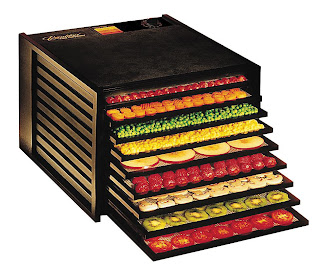This isn't always a fact for each and every household since defiance level varies per child, but at least one to sixteen percent of school-age children and adolescents in America are defiant. This is according to a report done by the American Academy of Child & Adolescent Psychiatry.
If your youngster is part of the sixteen percent, you certainly have a problem in your hands. Dealing with a problem child can be both mentally and physically draining.
Below are great tips on what to do when you can’t handle it anymore:
Take a deep breath. As soon as your child starts acting up, take a deep breath before doing anything. Sounds too basic, but it can make a lot of difference. A kid feeds on your emotional reaction every time he misbehaves. If you don’t react, there’s no payoff for him. Going for a deep breath offers you that valuable second to tell your self to not give in to your child’s behavior.
Pick your battles carefully. As I have stated, managing a problem child can deplete your energy. Save your energy and choose your battles. Your little one will misbehave most of the time, but decide ahead if it’s worth your attention. For instance, your kid won’t pick-up his toys after playing in his bedroom. I’m certain you want to maintain your son’s bedroom as clean as possible, but you might choose to think about the pros and cons. Making him pick-up his toys might start up a quarrel that might then begin another power struggle that may go on for quite a long time while just closing the door (so that you won’t need to see the mess) will result into nothing - only a messy room.
Keep a poker face and go out for a little bit. There were instances when I was just too angry at my child and I was just prepared to blow. I don’t hit my child, and I also don’t like hurling things. To let off steam, I go out (of the room or the house - wherever we are) for a while and shout my lungs off for a few seconds. Shouting at an empty room or at a pillow allows me to let go of my anger so I don’t have to show any emotions when in front of my kid. When I’m done, that’s when I go back and talk to him. Seeing that my mind is clear, my judgment will not be manipulated by any emotions and I get to deal with my child with a straight head.



